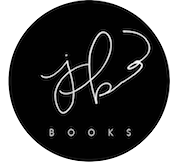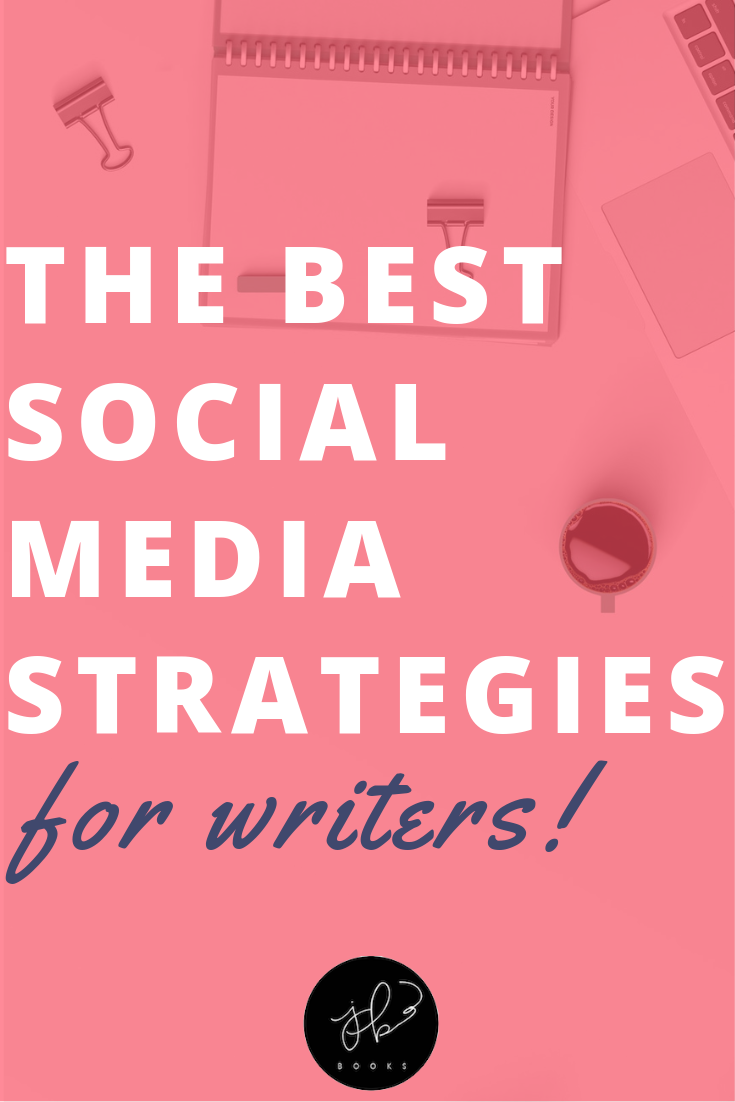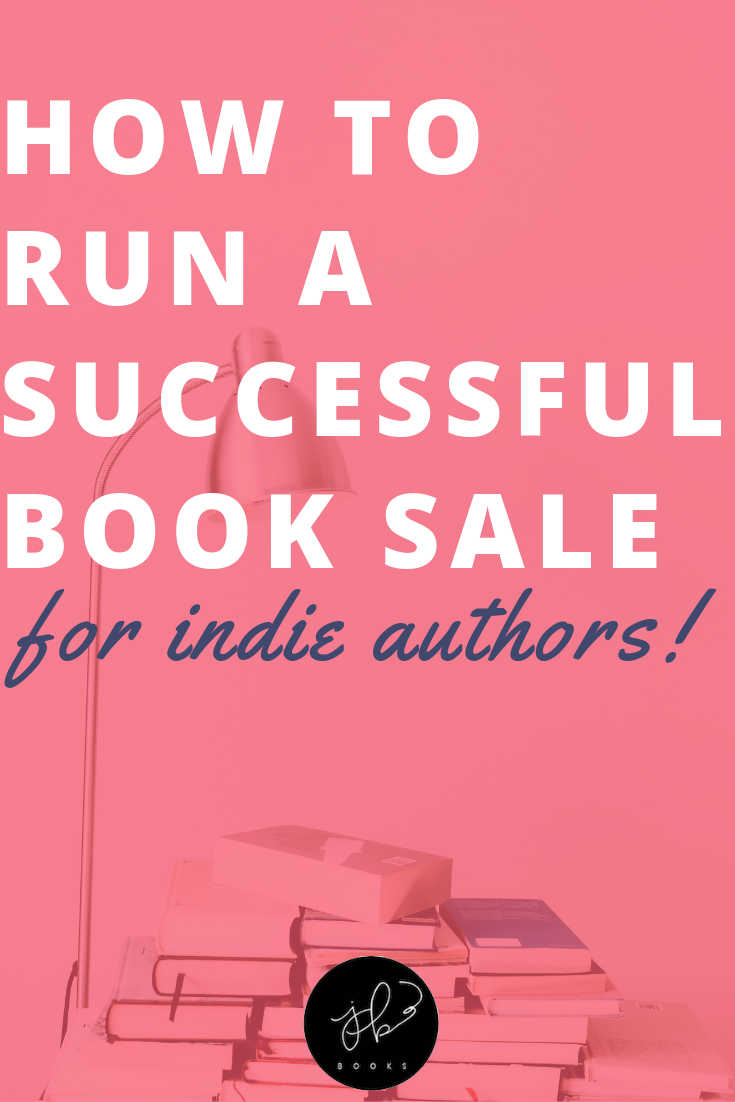When I first started writing my book — my first one, the one that's taking a little nap for now — I researched. I read articles about publishing, writing techniques, literary agents, enough to make your head spin, Exorcist-style (disclaimer: I've never seen that movie. I'm a big chicken.)
One thing that kept coming up over and over was the idea of an "author platform." My first thought? Platform shoes. For authors. Interestingly enough, a writer platform is nothing like that. It's a social media presence. Go figure.
Blots & Plots started as a way to document my writing journey, and it's stayed true to that. I started blogging to make connections with other writers, to find future readers and to join a community. Blogging led to tweeting, tweeting to tumbling, tumbling to pinning. I found one friend. Then I made another. Then I had a whole tribe of writer friends.
When it comes to social media, the main strategy we need is the genuine desire to connect. Here are my suggestions, platform by platform:
If you've attended one of my workshops or know me at all, you probably already know what I'm going to say. Twitter is the #1 social media platform for writers to get their platform started. Are you skeptical? Don't be.
The evidence: Twitter is literally tailored for writers. You write a quick, 140 character tweet and then you respond to people who reply at you. What's more literary than that? It's a quick, easy-to-use social media mecca for writers.
How do you succeed on Twitter? Here we go, y'all.
Twitter is the ideal place to make connections with other writers. First, follow people that you admire or want to befriend. If you follow a lot of people, you can keep track of them in lists. For instance, I have a list specifically for my Twitter friends, so I can keep up with what they're posting.
Here's what Twitter is for:
Quick, meaningful interactions. Reply to the tweets you see on your feed. Be proactive about reaching out to other writers and readers.
Twitter chats. Want to meet a group of people? Take part in Twitter chats to get the ball rolling.
Testing your audience. Now with Twitter polls, you can survey your audience on the spot! Use polls to ask your readers which character name they like best or what their favorite novel is. Get creative!
-
Exactly why I wrote These Are the Moments. We need to see this age on the page! 🙌🏻 https://t.co/V28wEznWyf
-
Remember When You Fell In L O V E With Writing? 🥰 #WritingCommnunity
-
This thread is fascinating! Thanks @margotwood 💖 https://t.co/t3ATHaQWsa
Here's what Twitter is not for:
Endless retweeting. Many people use their account as a way to retweet everyone else, without posting original content. This is a big no, because you want your readers to get to know you. Make sure you have a balance.
Automatic DM's. Please, oh please, don't do this. There are certain apps that allow you to automatically send a private message to your new follower. These typically say things like, "buy my book!" Trust me, people will unfollow you immediately if they get this.
Selling. To go along with my last point, Twitter won't sell books for you. Twitter is the place to get to know your followers one-on-one. If they like you, they'll want to get to know you more. Just make sure you have a link to your website in your bio, and they'll make the leap!
1,000 Hashtags. It's a best practice to keep your tweets to a maximum of two hashtags. I tend to use only one hashtag, but mostly, I try and keep my tweets totally clean of them.
So what's the biggest takeaway? Treat Twitter like you're at a cocktail party. You wouldn't walk up to someone and shove your business card at them straight away. You wouldn't talk at your new acquaintance for hours on end. No, you'd start a conversation and find out more about this person.
While Instagram might not be the first tool that comes to mind when you think "writer," it's actually an amazing place to connect. Instagram may be image-based, but you don't need to be a professional photographer to make it work for you.
If you're looking to get started on Instagram as a writer, you're going to want to connect with both readers and writers. For this, you'll need to know two important hashtags: #writersofinstagram and #readersofinstagram. Search for them in the explore tab, and get liking and commenting.
We need to make connections on Instagram, so how do we do this? Consistent posting and interaction.
Here's what Instagram is for:
Sharing your writing. Instagram is a great place to post quick, resonating quotes. It's ideal for poetry, but it can work for fiction writers as well. Get creative with your images. Try using graphics or doing more of a handwriting-based post.
Monthly challenges. I've hosted several of these on my account such as #12DaysofBookmas and #MarchCreateParty. This is a month-long challenge that includes daily prompts for people to respond with using their own photos. It's an amazing form of interaction!
A glimpse into your life. Let the people see your face! If you're more on the introverted side, you may want to stay away from this bullet point, but if you're comfortable with this, it's a great tool. Sharing glimpses of who you are helps people to connect with you more.
Here's what Instagram is not for:
Spamming. Instagram is not like a Facebook photo album. It's intended for you to post one photo at a time, a few times a day. For me, I like to stick to one post a day in order to stay consistent.
Sitting back and waiting. If you want to grow your audience on Instagram, you need to be an active participant. Make sure you're actively liking/following/commenting on other people's accounts. Does this sound overwhelming? Don't worry! You only need to set aside a few minutes to make this happen.
Sleazy marketing. Remember, we want to be real people online. Don't hop onto someone's picture and start promoting yourself. When you do that, people won't take you seriously as an account. Write meaningful, engaging comments like the talented writer you are!
You've probably heard a lot of mixed messages about Facebook. With certain updates, it's harder to get your posts and pages seen, but that doesn't mean the platform is doomed altogether. In fact, it's still a completely legitimate place to make yourself known.
Unlike Twitter, Facebook isn't a thought-sharing platform. Facebook statuses are no longer a place to share what you're doing in the present moment. It's much more strategic than that. Facebook is an amazing place to join writer's groups and share your blog posts.
Think of Facebook as a resource. Think about who you follow on Facebook and why you follow them, then create a plan that works for you.
Here's what Facebook is for:
Facebook writing groups. This is my favorite element of Facebook at the moment. For my group, Bravo Book Club, I love the interaction that happens there. It's a fun way to share writing wins and meet writers at the same stage as you.
Sharing articles. Do you have a blog? This is a great way to share your posts. Some writers, like Elizabeth Gilbert, also use their Facebook page as a mini blog. You can link your Instagram and Twitter to your Facebook page, that way your friends who aren't on those platforms can see what you share.
Hosting events. Do you have a book launch or a reading coming up? You can use Facebook events as a way to spread the word about in-person or online events.
What Facebook is not for:
Quick, disposable content. On Twitter, the lifespan of a tweet is very short. On Facebook, your posts can have lasting engagement all day long.
Text-only content. If you're only posting statuses on your page, it's likely that you'll have a tough time getting noticed. Make sure you're including image-based posts to increase the chances of engagement on your page.
Your main form of social media. While Facebook is a great platform, it's not the ideal home base for you. Make sure you have a website in addition to Facebook, so that your followers know where to find you.
Ultimately, the best practice for social media is to find a platform that excites you. Don't overwhelm yourself by trying to grow every platform at one time. Find something that works for you and your writing, and then have fun with it!
DISCUSSION TIME: Have you started your social media platform? Where have you found the most success? Is there anything more you'd like to know/anything specific you'd like to hear more about?


















